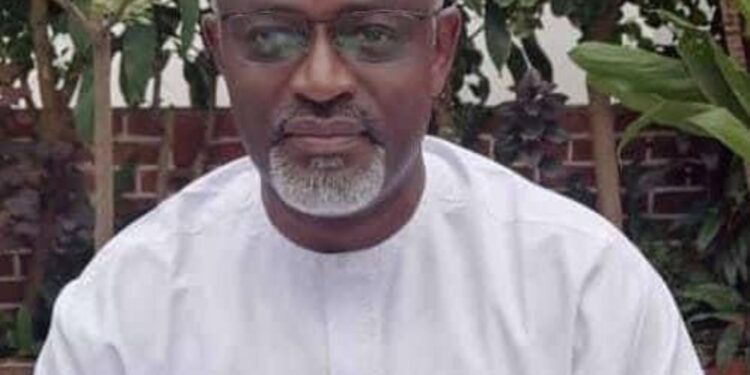Amb. Hussaini Coomassie, Global Vice Chairman (Africa) International Commission for Peace and Good Governance (ICPGG), has raised an alarm over the current economic policies of President Bola Ahmed Tinubu’s administration.
In a recent statement, Dr. Coomassie expressed deep concern over the mounting difficulties faced by Nigerians, citing high fuel prices, electricity tariff, rising cost of living, and widespread poverty as pressing issues pushing the country towards a breaking point.
Speaking boldly about the current state of affairs, Coomassie criticized the administration for enacting policies that he described as “unfriendly” and “out of touch with the realities on the ground.”
The increasing price of petrol and electricity tariff, which are crucial commodities in Nigeria, has led to a ripple effect on the cost of transportation, food, and basic services, leaving many citizens in a state of depression.
Coomassie warned that if the government does not urgently reverse its approach and make necessary adjustments, the growing dissatisfaction among Nigerians could lead to severe consequences.
In as much as we discouraged Nigerians from embarking on any kind of strike, the FG should also find urgent measures of addressing the current economic crisis that has engulfed our beloved country and stop the blame games. “The people should not be pushed to the wall,” he stated emphatically.
“If the right things aren’t done, there will be a big problem. It is time for the president to listen to the voices of the masses.”
The global vice chairman who also doubles às Head of Mission-Nigeria, International Peace Commission (IPC) emphasized that governance should be centered around the welfare of the people, urging President Tinubu to adopt policies that provide relief to the suffering populace rather than compounding their challenges with persistent increase in pump price and electricity tariff.
“Nigerians deserve better,” he said, calling for immediate measures to alleviate the burden on citizens, including reducing the high pump price of fuel, electricity tariff, taxes and addressing the escalating cost of living.
Dr. Coomassie’s comments come at a time when many Nigerians are increasingly vocal about the hardships they face, with protests and unrest growing in some parts of the country. His warning highlights the urgent need for the government to not only engage with the concerns of the people but also to enact meaningful changes that foster social justice and economic stability.
As the calls for reform intensify, it remains to be seen how President Tinubu’s administration will respond to the mounting pressure to ease the country’s economic woes. Amb. Coomassie’s International Commission for Peace and good governance resonates with the populace yearning for a leadership that prioritizes their well-being in these trying times.











